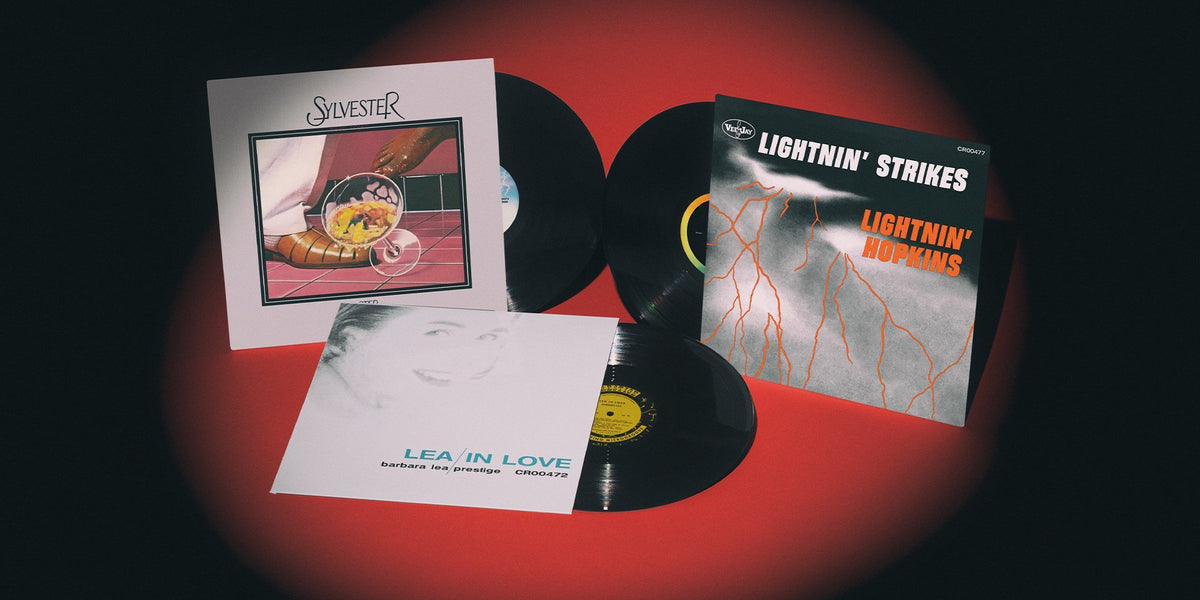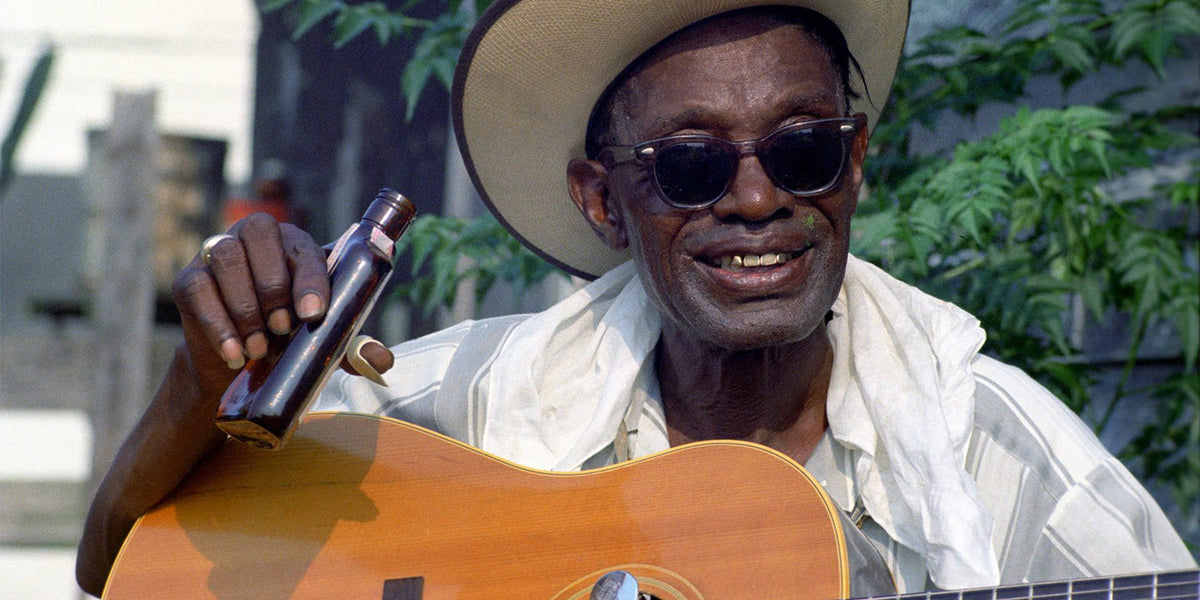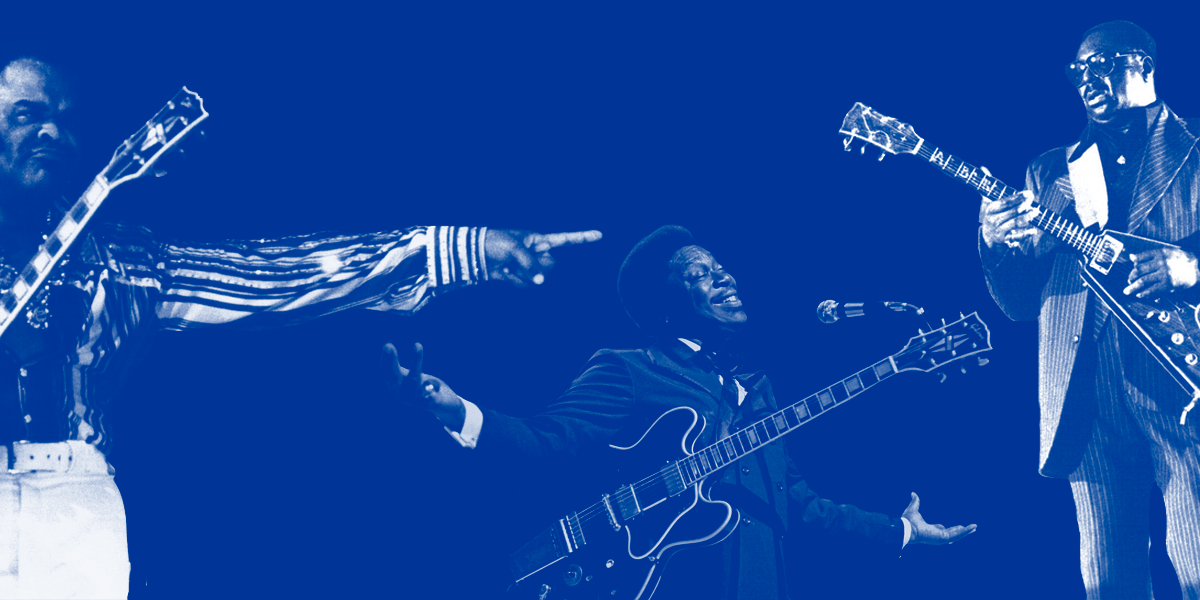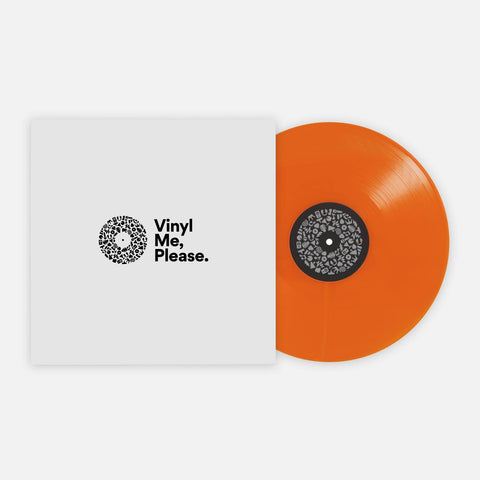When I was a kid, my parents bought me a guitar and got me lessons from a local teacher. He asked me to list 10 songs I wanted to learn and, outside of a couple alt-rock songs that were popular on MTV at the moment, I leaned more heavily on acts I learned about from my parents: Hendrix, the Stones, Cream, Zeppelin, the Doors, etc. Rather than just lead me through those tracks and have me mimic along, he said, "A lot of what you like is based on the blues, so I'll teach you about that, and then you'll be able to figure out the rest (though, to be fair, we did start with "House of the Rising Sun" and "Sunshine of Your Love" as the gateway into learning chords). From there, we worked backwards, learning the scales, and a lot of the history, like who influenced, covered and/or ripped off who.
Thanks to that teacher, a public library with an expansive CD and book selection, a lot of friends to jam with and understanding parents who'd take me to the local Cajun restaurant to see some great cover bands and, later, the Stones at Madison Square Garden, I got to know the blues at a relatively early age. So, based on personal experience and some hindsight after further exploration, here are 10 albums for anyone looking to start a collection of essential blues albums, with many apologies to the dozens of pioneers I left out.

Lead Belly: Where Did You Sleep Last Night: Lead Belly Legacy, Vol. 1
It's hard to go wrong buying a compilation of recordings by the man named Huddie Ledbetter, given that his earliest songs were tracked by for the Library of Congress by John and Alan Lomax when he was in Angola Prison. An innovator on the 12-string guitar, he crossed over to white audiences in the '30s thanks to the popularity of his renditions of spirituals and folk songs, both original and traditional, such as "Goodnight Irene," "Midnight Special," and "C.C. Rider," among many others that would be eventually be covered by his contemporaries, Elvis, Springsteen, Nirvana and Jack White. Even with the most primitive recording techniques, Lead Belly's commanding power is unmistakably eternal.

Robert Johnson: King of the Delta Blues Singers
You wouldn't be ill served with a compilation of Johnson's complete recordings, but you might as well start with the LP that introduced the legend to the world when it was released in 1961. Johnson's recordings took place in 1936 and '37, just before his death, supposedly from poisoning by a lover's jealous husband, in 1938, making him the first member of the "27 Club." This album, half of which weas originally issued as 78 RPM singles and the rest comprised of never-before-released takes, coincided with the spread of rumors that Johnson sold his soul to the Devil at a Mississippi crossroads in return for his musical talent. Within only a few years, Johnson's scant work would find a huge following among the up-and-coming British blues scene, with Eric Clapton reworking "Ramblin' on My Mind" and "Cross Road Blues," Led Zeppelin covering "Traveling Riverside Blues," and the Stones tracking "Love in Vain" and "Stop Breakin' Down Blues," while "Sweet Home Chicago" is an anthem for the Windy City. The guitar work is extraordinary, the lyrics timeless and the supernatural story so wild that you want to believe it, just a little bit.

Elmore James: The Definitive Collection
Listening to the overdriven sounds of James' innovative slide guitar playing, it'd be easy to think he didn't come along until later in the '50s or early '60s, when electric blues was finding its sound. But no, James' style gained traction with his 1951 cover of Robert Johnson's "Dust My Broom" and, after his 1963 death, influenced the sounds of Jimi Hendrix, Brian Jones and Duane Allman, among many many others.

Howlin Wolf: Moanin' in the Moonlight
Growing up around the Mississippi Delta blues, Chester Burnett cut an imposing figure at well over 6 feet tall and somewhere around 300 pounds. After finding success in Memphis with help from Sam Phillips, he moved to Chicago in the '50s to team up with Chess brothers, with guitarist Hubert Sumlin following him. His debut album, Moanin' in the Moonlight, highlighted his rough and raw vocals and intimidating persona, with backing from legends like Willie Dixon and Otis Spann, as well as a young Ike Turner who played piano on "How Many More Years." But the standout is still "Smokestack Lightning," with its hypnotic riffs and the Wolf's high-pitched bawling.

Muddy Waters: At Newport 1960
Five years before Bob Dylan would get booed for going electric at the same festival, Chicago's Muddy Waters brought his swaggering blues to the Newport Jazz Festival, with his powerful voice and the harmonica playing of James Cotton carrying the performance. You can hear it somewhat on the recording, but the video of the majority white crowd clapping along as his band cooks through the set reinforces just how transcendent this performance was for its time.

B.B. King: Live at the Regal
"Ladies and gentleman, how about a nice round of applause to welcome the world's greatest blues singer, B.B. King!" So begins one of the greatest live albums in the genre, and it immediately showcases B.B.'s incredibly warm-yet-forceful guitar stylings, mostly in the way he could make a note hum and vibrate for ages. Then he starts to sing, and brings a power, range and unique kind of phrasing that would've made him a star in its own right. But what it really seals it is the loving, hilarious charm in his between-songs banter. Nobody could simultaneously belt, shred and spin a yarn like the King.
We're putting our money where our mouth is: We're carrying this in our members store. You can buy it here.

John Mayall: Bluesbreakers With Eric Clapton
English R&B grew in popularity in the early '60s thanks to the Stones, Yardbirds, Kinks, Animals and many more, this 1966 team-up of singer and keyboardist John Mayall and Eric Clapton (not to mention future Fleetwood Mac bassist John McVie) was the breakthrough moment for British blues. Mixing originals with covers of Otis Rush, Little Walter, Ray Charles, Freddie King and Robert Johnson, the album established Clapton as the nation's preeminent guitarist, thanks in part to his new, distorted sound resulting from his Gibson Les Paul and Marshall amp. Bluesbreakers also marked Clapton's first time singing lead vocals with the cover of Johnson's "Ramblin' on My Mind," putting him on the path to his work in Cream, Derek and the Dominoes and as a solo artist.

Albert King: Born Under a Bad Sign
A guitar virtuoso and a smoothly soulful badass, King earned the nickname "The Velvet Bulldozer" and became known for his unorthodox style of playing, playing right-handed guitars lefty and using strange tunings. His standout 1967 album was his first recorded for Stax and featured the label's house band, Booker T. and the MGs, including Isaac Hayes on piano, and the Memphis Horns. The first two songs alone, the title track and "Crosscut Saw," would've been enough to seal King's status as one of the all-time greats.

Koko Taylor: Koko Taylor
The Queen of Chicago Blues' second album was her first for Chess Records, and features her signature song "Wang Dang Doodle." That hit single was written by Willie Dixon, who also produced the record and played bass on several tracks alongside such session guitarists as Buddy Guy and Matt "Guitar" Murphy. This album shows how Taylor could sound just as tough as her male contemporaries, and is a great gateway to the earlier blueswomen such as Big Mama Thornton and Bessie Smith.

Stevie Ray Vaughan and Double Trouble: Texas Flood
It might seem like a disservice to the countless artists who preceded him, but Stevie Ray Vaughan's debut is here based on his playing, which establishes him as one of, if not the, greatest blues guitarists of all time. The album evokes the juke joints of old and young on "Pride and Joy" and "Love Struck Baby," the classic-yet-groundbreaking speed and phrasing on "Texas Flood" and the absolute beauty of the album-closing instrumental "Lenny." Released in 1983, it remains the high water mark of traditional blues albums.
Related Articles
Join the Club!
Join Now, Starting at $36Pages







